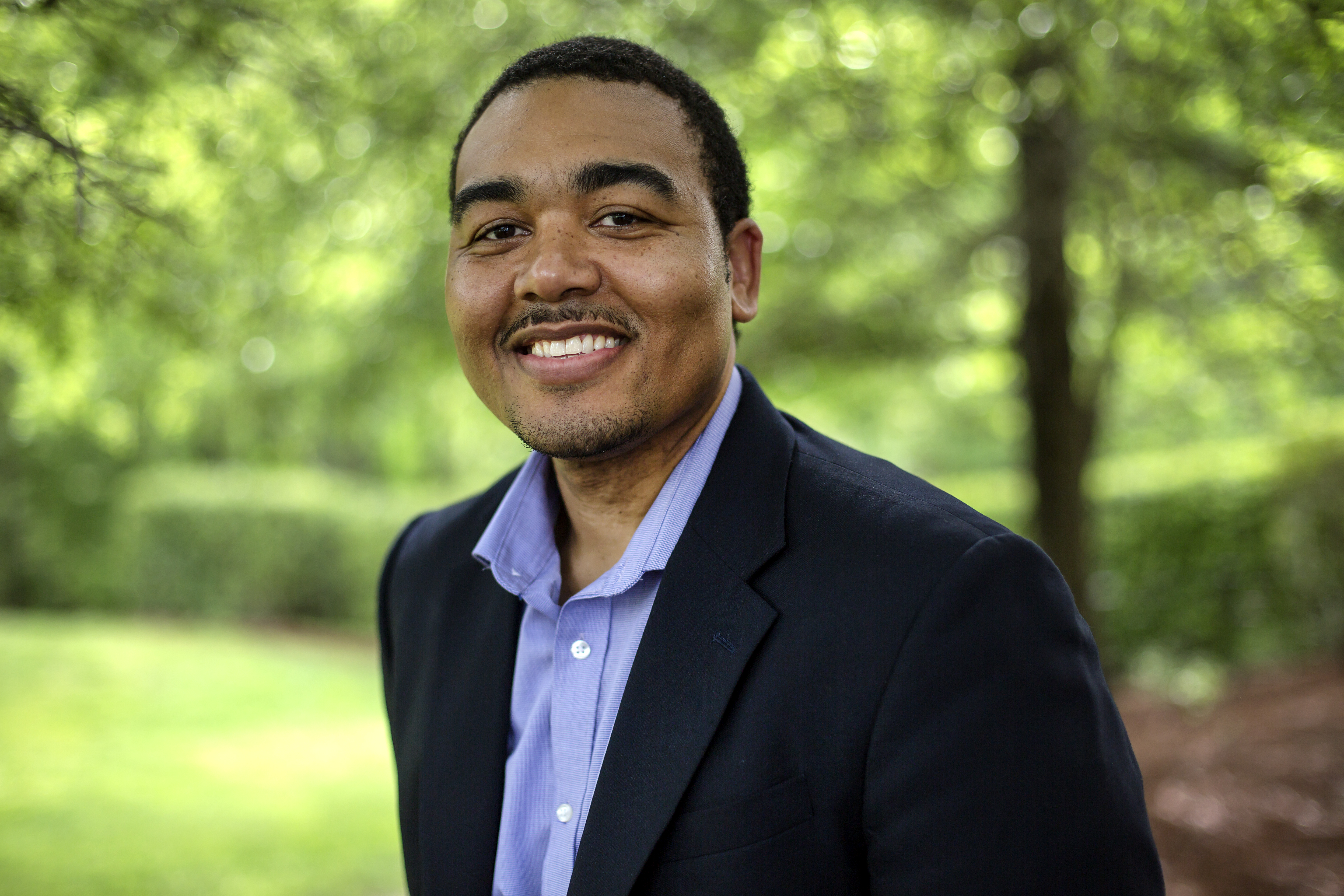International Report on Autism Offers Comprehensive Model of Autism Care
A new, comprehensive model of autism care and treatment that prioritizes personalized, stepped care approaches is urgently needed, according to a new international report published in The Lancet.
The authors of The Lancet Commission on the future of care and clinical research on autism call for global coordination between governments, health care providers, education, financial institutions, and social sectors to reform research, care, and treatment for autism that will include individualized treatments throughout a person’s life with active participation from patients and their families.

The Commission was formed in 2018 by the journal to include international experts, including clinicians, healthcare providers, researchers, advocates, self‐advocates, and parents of children with autism. Co-authors of the commission's report include KU autism expert Brian Boyd, director of Juniper Gardens Children’s Project at the Life Span Institute.
The report identifies urgent actions required in the next five years to address the current needs of the estimated 78 million people with autism and their families worldwide and to build a foundation for improved care and treatment in the future. The report sets out a new standard of care that all services and social care systems worldwide should adopt to best support the needs of people with autism and their families.
The Commission also calls for global research efforts to expand beyond basic science toward developing evidence‐based practical interventions tailored to the heterogeneous needs of people living with autism and could be applied to other neurodevelopmental conditions.
“One of the takeaway messages is there’s always hope if we provide the right environmental supports that some autistic people may need to thrive and live fulfilling lives,” Boyd said. “Some of the other important points include recognizing that autism and developmental disability is global. More than 95% of children under the age of 5 with developmental disabilities live in low- and middle-income countries. In fact, there are more than 78 million autistic people worldwide.”
“We also need to re-envision our services and intervention delivery models to be more responsive to the individual preferences and needs of families and autistic individuals, including considering the costs of interventions to families, both economic and time-wise, and their burden,” Boyd continued. “We also must do more to improve outcomes for families and autistic individuals from underserved and under-resourced communities in both high-income countries and low- and middle-income countries.”
Boyd's participation in the commission reflects the strengths in autism research at the Life Span Institute, which is home to Juniper Gardens Children's Center, as well as the Kansas Center for Autism Research (KCART), led by Matthew Mosconi, and the Kansas Center on Developmental Disabilities, led by Karrie Shogren.
"The wonderful thing about autism research at KU is its breadth – we’re involved in many aspects of autism research from brain-imaging studies to very applied research that’s happening in communities directly with families and children," Boyd said. "Juniper Gardens has a long history of conducting research in public schools serving autistic children to improve their educational outcomes and ensure they can be successful in a school environment. School-based research, including training providers to deliver high-quality instruction, is a unique aspect of the work we do at Juniper Gardens.”
This announcement includes information provided by The Lancet and KU News.
Additional information:
The Lancet Commission on the future of care and clinical research in autism
Webinar announcing findings (Upon registering, you will be redirected to the on-demand version and receive an email link)
View the media advisory with additional remarks from Brian Boyd